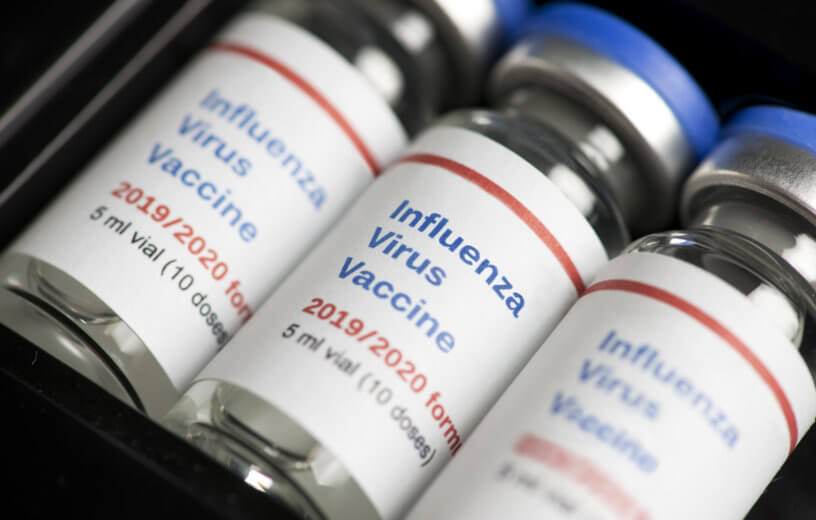PHILADELPHIA — The anti-vaccination movement, despite its controversial philosophy, continues to gain quite a followers. Similar to popular conspiracy theories, the mindset that vaccinations do more harm than good has largely spread thanks to the internet and social media. Recently, researchers from the Annenberg Public Policy Center conducted a study on modern vaccine beliefs involving close to 2,500 U.S adults. The ensuing results show just how widespread vaccine misinformation is on social media, and even worse, how many people are believing what these posts preach.
In light of these findings, the study’s author implore readers to only trust vaccine information from trusted medical sources, or more traditional forms of media at the very least.
Up to 20% of all respondents were at least somewhat misinformed when it came to the topic of vaccines. That is an incredibly high rate of misinformation. Researchers say this is especially concerning because it could eventually lead to significantly lower rates of vaccination among the U.S. public, which would in turn put essentially everyone at a higher risk of catching a multitude of detrimental and potentially deadly diseases, viruses, or illnesses.
Here’s just a sample of some of the false narratives that some study participants admitted to believing: 18% said that is very or somewhat accurate to say that vaccines cause autism. Another 15% wrongly said that vaccines are “full of toxins.”
The research was conducted in the spring and fall of 2019, which was coincidentally when the U.S. saw its largest outbreak of measles in 25 years. Troublingly, over the course of the research period alone, 19% of participants’ levels of vaccine knowledge changed in a big way. Of that group, 64% were actually more misinformed by fall 2019 than they had been in the spring. This rise in false beliefs was directly linked to information gathered and read on social media platforms. Conversely, participants who reported getting their vaccine information from legitimate news sources were much more likely to become less misinformed on the subject of vaccines.
“People who received their information from traditional media were less likely to endorse common anti-vaccination claims,” says lead author Dominik Stecula, a postdoctoral fellow in the science of science communication program at the Annenberg Public Policy Center, in a release.
Meanwhile, another 20% of participants wrongly said that it largely makes no difference whether or not parents choose to vaccine their children according to the timelines suggested by doctors according to the official vaccine schedule for the CDC. Another 19% even went so far as to say that it is healthier to develop an immunity for a disease by contracting it as opposed to being vaccinated. That is not accurate, researchers warn.
Another finding of note: if an individual is already particularly wary of trusting doctors, they are more likely to believe misinformation spread on social media regarding vaccines.
Additionally, the study found that most people, on both sides of the vaccine debate, are very much entrenched in their beliefs. Most participants (81%) largely held the same beliefs, whether they be accurate or false, five months after the study began. Among the 19% whose beliefs did fluctuate, 64% ended up becoming even more misinformed, while 36% were able to wrap their minds around some facts.
All in all, it’s very clear that doctors and pro-vaccination campaigns need to do a better job in promoting accurate information when it comes to vaccines. Furthermore, if the real issue here is an inherent distrust of the medical industry, health professionals the world over need to consider how to gain some trust back.
No one is saying that every detail of a doctor’s medical advice should be believed as indisputable gospel, but believing every sloppily constructed anti-vaccine Facebook post is that much more irresponsible.
The study is published in the Harvard Kennedy School Misinformation Review.
